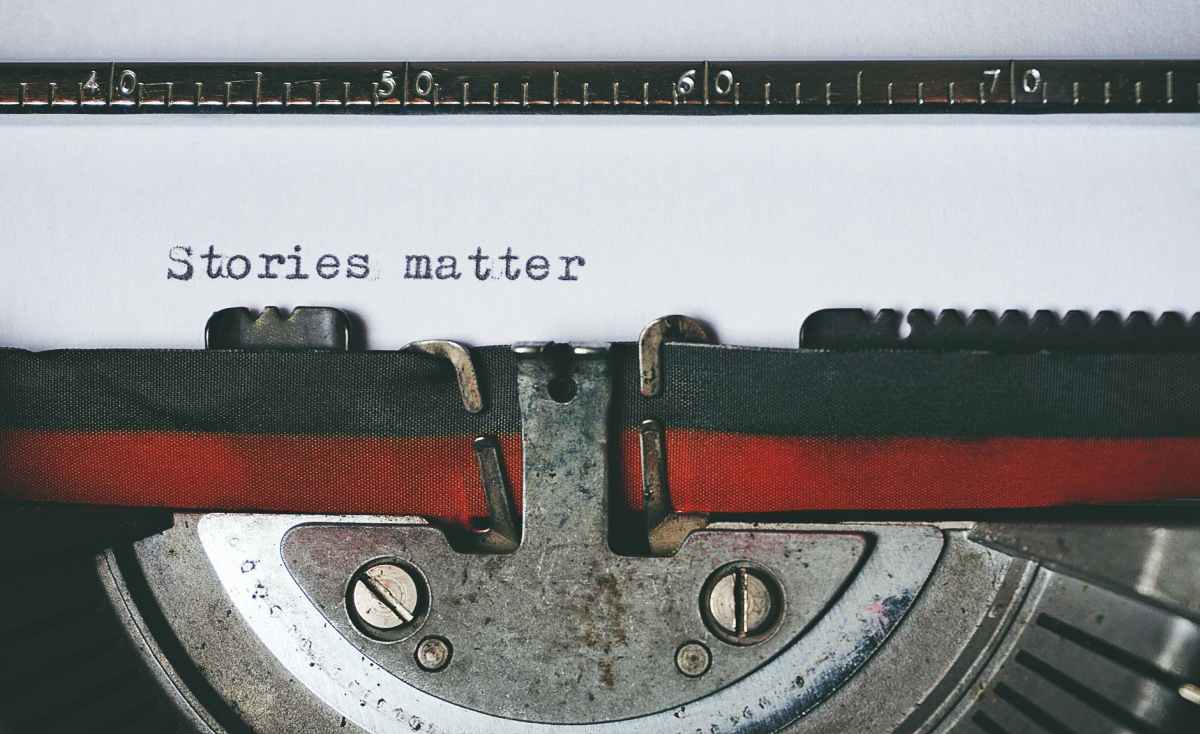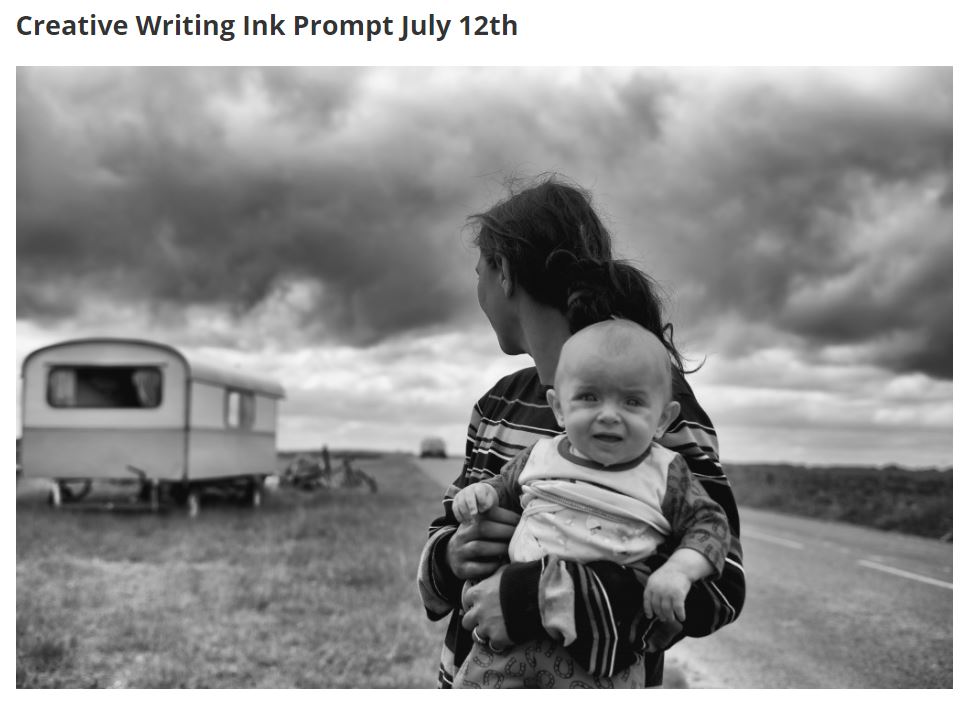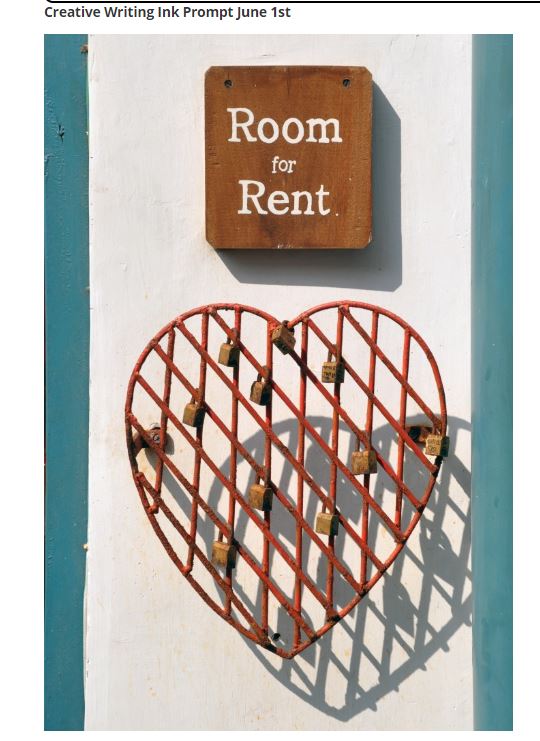Maybe it’s because I turned sixty this year. Maybe it’s because an ADHD diagnosis has afforded me greater realisation. Maybe it’s because I’ve discovered that the aches and pains I always put down to sleeping/sitting/ standing weirdly are actually undiagnosed Fibromyalgia – a comorbidity of ADHD and equally undiagnosed – for which I’ve self-medicated my entire life.
Maybe it’s because my current counsellor has said the same thing countless other therapists have told me over the years which is a variation of: “It does seem that the rug is pulled from under your feet quite a lot”.
Yes, that’s precisely how it seems. And maybe it’s just time to admit this. Time also, to admit that I don’t believe -don’t have the strength of mind or body to believe, actually – that this will ever change. Not now.
Maybe it’s a combination of all these things which has led me to a slow-burn belief that it’s time to start being kinder to myself and stop beating myself up. Because I beat myself up a lot. I was trained in the art of self-flagellation from an early age, so it’s instinctive. Something happens (bad) and immediately I know it’s my fault. Even if I’m nowhere near The Thing. Even if there’s no clear connection to me and The Thing. And if there isn’t a clear indication that I am to blame, then I will find a way to make it be my fault. Because it makes The Thing easier to handle.

A lot of people over the years have called me pessimistic; the original Debbie Downer. And I always countered that I’m not a Pessimist, I’m a Realist. These are two entirely different beasts. A Pessimist expects Bad Things to happen and sees negativity in any given situation, and a Realist knows Bad Things happen, so runs through every possible scenario in their head to ensure that when it does, it doesn’t impact too greatly on those they care about.
That’s the difference.
Before being diagnosed ADHD, I assumed this was one of my weird personality traits, something else that alienated me from people who thought positively and believed in Good Things happening. But now I know that my brain is simply wired to scramble (as in ‘action stations!’, not a mess of eggs) scenarios in the space of a few seconds to make sure every eventuality is considered, and ready for good or bad. It’s my Amygdala bracing itself in Fight or Flight, and has nothing to do with only seeing a negative. It’s my survival mode. It’s prehistoric. Instinctive.
Proving this point is the very real fact that I have, from a very young age, aspired to be a proper, published writer. From when the story I wrote about my best friend was accepted by the local newspaper as their story of the week and I had my photo taken and was paid £5.00 for it. I honestly believed this was the first step on the path of my life. How’s that for optimism?
A year or so before, I’d co-written a script for Fawlty Towers (still on its initial airing at the time) and sent it to the BBC, who returned it with a compliments slip suggesting I took a degree in English or an apprenticeship in scriptwriting, which wasn’t going to happen if I wasn’t allowed to go to art school. But I remained utterly convinced that writing was my future. Writing was my friend.
I’d kept a diary from the age of 13, recording daily events, and separately I’d write about things had happened at school which had affected me. I’d write about it without restriction and hide it away. Which was how I came to write the story that the newspaper published. It was a celebration of the friendship I’d had with my best friend, and the gaping hole that his absence since going to university had left me with. It released burning emotions and placed them in a recognisable black-and-white form.
With the success in the local newspaper, I sent the story to magazines, although I hadn’t considered their demographics. I’d naively assumed that all short stories were equal, so when the rejections came back – by royal mail in those days – I felt felt sorely disappointed.
Although one editor sent me something else, and I wish to this day that I’d held onto his letter, because it’s the One Thing my mind returns to when I consider my early days of believing things might happen. He wrote that although he’d enjoyed my story and could see humour and talent, it wasn’t the right ‘fit’ for his publication however…. however... because he liked my style, he said he’d like to chat about future commissions should I ever find myself in London EC4… he wrote his telephone extension number at the magazine.
I knew that this was an opportunity; it fizzed in my veins and filled me with unparalleled joy. But my parents didn’t see it the same way and refused to let me go. *sound of rug-pulling*. I was weeks away from leaving school, finishing my A-levels, and I’d already been told I couldn’t go to art college. *more rug-pulling*
Now they were telling me I couldn’t pursue another ambition. My mother, believing London was a den of iniquity, insisted that this editor was only after “one thing” (because that was all they thought I was good for), telling me “you’ll have plenty of opportunities to go gallivanting around London once you’ve grown up and left home.”
I don’t remember sending the editor a reply. What would I have said? My mum and dad won’t let me?
And I believed them. Why wouldn’t I? I did believe that more opportunities like this would come my way, so I carried on writing stories and sending them to magazines. I borrowed money to enrol on the London School of Writing correspondence course to further my writing education, and continued believing I was doing the right thing whilst working jobs that depressed me and exploited me, writing well into the night once I was home, to dispel the grubbiness I felt from my days.
I held onto this belief for another forty years, through shitty jobs, failed marriages (a successful stint at single-motherhood, however) and rubbish relationships, all the time self-medicating a brain disorder I never knew I had. I joined writing groups, submitted every novel I wrote to agents with a pause for two years when I came so close to representation that the eventual rejection physically hurt. A student loan gave me a BA(Hons), I threw divorce settlement finances at a writing mentor who promised things that didn’t materialize. I took out another loan out for a Masters where I gained a distinction and my manuscript tutor convinced me this novel was The One which reminded me of the way my last husband fed me superlatives, whipping my mind into a frenzy of sky-high beliefs which always came crashing down around my ears.
I feel I’ve done so, SO much to stay on the damned rug to realise this long-held dream of writing to be published, that I’m actually winded by it all.
I joined all the social media platforms, followed all the right accounts in a bid to make connections; entered every competition I could afford (some I’ve been ‘listed’ in), inveigled my way into conversations and signed up to writing group subscriptions hoping to further my path. When I stopped working I signed up to LinkedIn, hoping I might find a route to paid writing there, but every application I’ve made has been ghosted (that’s ‘ignored’, right?) and now I’m exhausted. Nearly as exhausted as I used to get waiting for my parents, employers, hell, anyone, to say something positive about me.
Every morning when I open my emails I find invitations to join writing groups, to read about another debut author’s path to publication and how tough it was getting twenty (yes, 20!) rejections before securing their dream agent. I get offers to take myself off on writing retreats where the magic will happen, which I can’t afford even if I did have the mental and physical ability to attend. Twitter announces proud publishers and agents advertising their latest signed author, the authors themselves unbridled with joy, and my already shattered soul breaks into ever-tinier pieces.
I now feel more removed from the world of writing than I ever have. I suppose from having tried so hard to get precisely nowhere. My age isn’t in my favour either, despite all the links I see about successful authors debuting in the twilight of their years. Holding onto hope now feels more like clutching at straws, and I’m done.
I’ve cancelled subscriptions, I’m unfollowing agents, publishers, editors, authors. Anything I see that that presses fingers into my bruised soul, I’m letting go. Because I think it’s about time I did let it go, and I can’t say I didn’t try. Which seems a fitting note to end on, because teachers always wrote: “Deborah really must try harder”, despite that undiagnosed kid trying so hard it left wounds.









 She can recall the precise moment she fell in love with every man she’s ever fallen in love with – whatever that might mean to anyone and their own particular occasions. Which is a peculiar term for the action of finding oneself in a state of pure, heightened emotion: to fall – akin to a stumble; an accidental trip, a wrong-footing. Because it’s not even an action, is it? Actions infer something physical: walking, running, swimming (falling) whereas love is more an internal, invisible, unexplainable concept which-as far as I’m aware-nobody has yet definitively described the concept of unless accompanied by chemical and electron movements inside a complicated human gland. But we digress. Back to the ‘she’ of our story.
She can recall the precise moment she fell in love with every man she’s ever fallen in love with – whatever that might mean to anyone and their own particular occasions. Which is a peculiar term for the action of finding oneself in a state of pure, heightened emotion: to fall – akin to a stumble; an accidental trip, a wrong-footing. Because it’s not even an action, is it? Actions infer something physical: walking, running, swimming (falling) whereas love is more an internal, invisible, unexplainable concept which-as far as I’m aware-nobody has yet definitively described the concept of unless accompanied by chemical and electron movements inside a complicated human gland. But we digress. Back to the ‘she’ of our story.